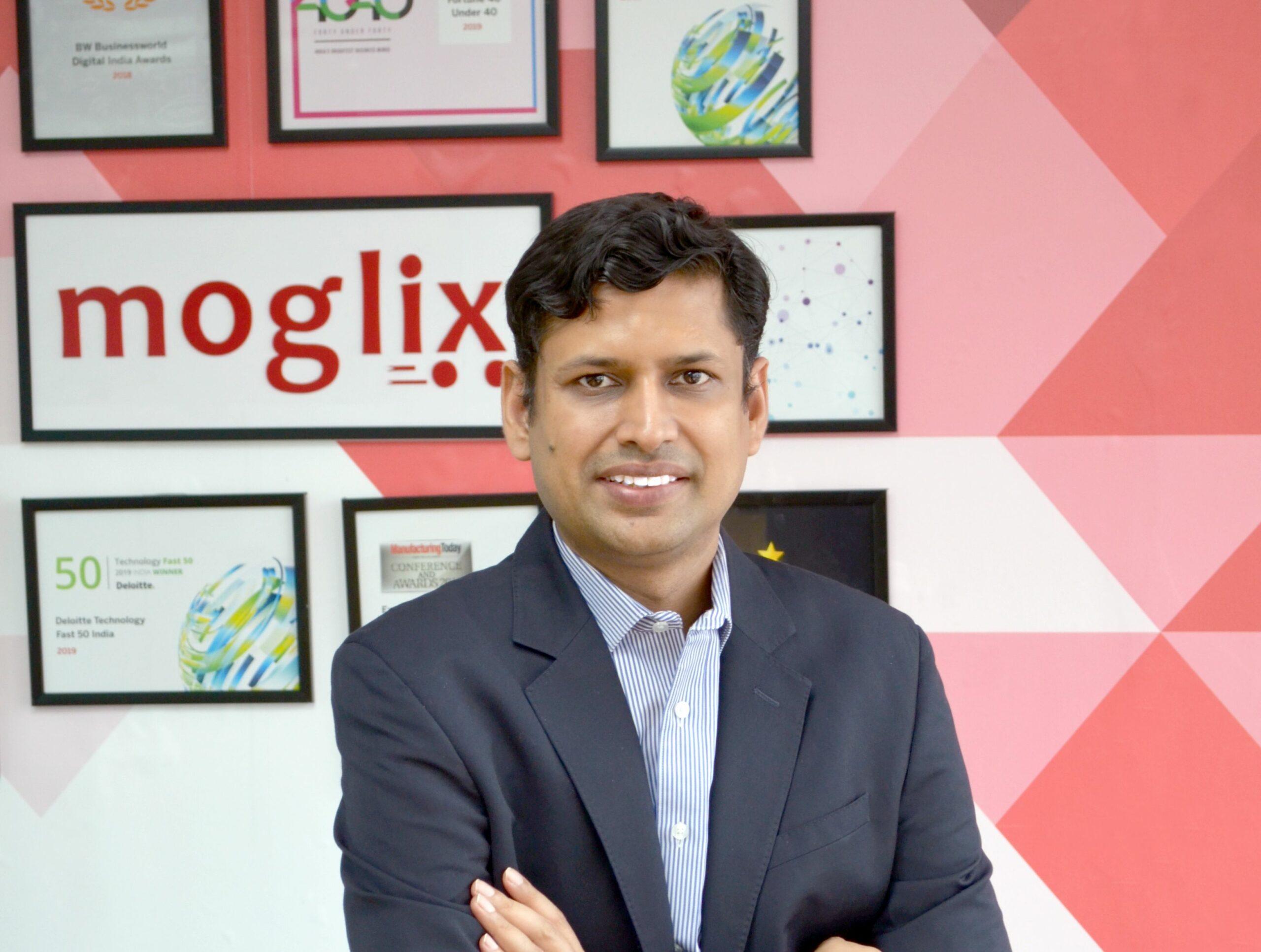AsiaTechDaily – Asia's Leading Tech and Startup Media Platform

India’s B2B ecommerce startup Moglix raises US$250 million at a valuation of US$2.6 billion
India-based B2B ecommerce platform Moglix has raised US$250 million in a Series F funding round led by existing investors Alpha Wave and Tiger Global along with a new Hong Kong-based investor Ward Ferry.
The new funding round raises the startup’s valuation at US$2.6 billion. According to the company, the round comprised US$170 million in equity funding and US$79 million in secondaries.
Moglix is also backed by Accel Partners, Sequoia Capital, Harvard Management Company, International Finance Corporation and others.
Early investors, who had invested in the startup during the seed stage, have witnessed an 80x return on their investment.
Rahul Garg, founder and chief executive officer (CEO) Moglix said, “We are happy to have the continued support and faith of our investors, customers, suppliers and team. We are excited to welcome Ward Ferry onboard.” He added, “We will continue to invest in building technology and supply chain capabilities to enable the growth of the manufacturing and infrastructure sector. Moglix will increasingly focus on growth driven by supply chain financing, acquisition of the right partners and global expansion.”
In May 2021, Moglix became the first B2B ecommerce unicorn in the manufacturing sector after a fundraise of US$120 million from Falcon Edge and Harvard Management.
About Moglix
Founded in 2015 by Rahul Garg, Moglix offers an ecommerce platform for industrial tools and equipment. The startup markets industrial supplies, in particular, MRO, Safety, Electrical & Lighting, Cleaning & Laundry Supplies, Office Supplies, Tools and many more industry essentials.
The startup offers solutions to over 500,000 small and medium enterprises and more than 1000 large manufacturers across India and UAE. Moglix’s supply chain network has more than 16000 suppliers and more than 40 warehouses. It claims to have over 700,000 stock units on its B2B ecommerce marketplace.
Moglix has recently crossed the US$100 million disbursal rate on its supply chain financing platform Credlix, which works with infrastructure and manufacturing companies to transform their end-to-end supply chain, from procurement to distribution.





